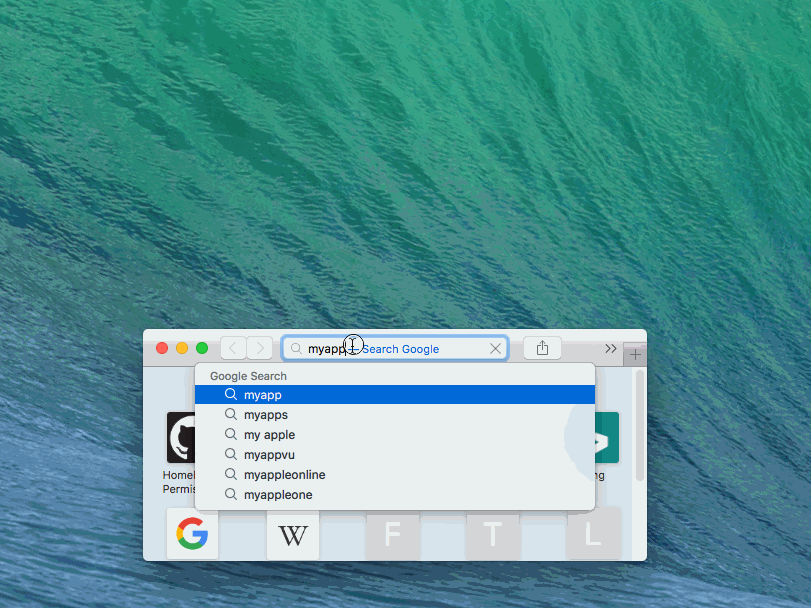

If you don’t have an MDM solution, you can also install Rosetta using the softwareupdate command. The Kandji Agent will automatically check for and install Rosetta as needed. If an Intel-based app that requires Rosetta is in Kandji’s library of Auto Apps (pre-packaged apps ready for deployment), you will see a warning on that Library item.

After Rosetta is installed, you as an admin can use it to run package installers for Intel-based apps, plugins, extensions, and other add-ons that haven’t yet been recompiled as Universal apps.įortunately, an MDM solution such as Kandji can also help you install Rosetta on company devices. You can use Kandji to install Rosetta on all company devices by creating a custom script and assigning it to devices as necessary. In that case, the installation will simply fail if Rosetta isn't already installed. The second situation is when a user tries to install a package that hasn’t been updated for Apple silicon. The user needs to provide administrator credentials, then wait for the installation to complete. The first time, macOS will display a prompt to install Rosetta (unless it's already installed). The first and most common situation is when a user tries to open an app that hasn’t been updated for a Mac with Apple silicon. There are at least two things that a user can do that will cause macOS to ask to install Rosetta if it’s not already installed. If you (or your users) need to run a non-Universal app-or, in certain cases, even install one-on a Mac with Apple silicon, you’ll need to install Rosetta first. This is particularly important if you’re using an MDM solution to install those apps on Mac computers with Apple silicon. (Note: For the sake of simplicity and for the rest of this post, we’ll refer to Rosetta 2 simply as “Rosetta.”) Rosetta Not Installed by Default And yet the problem that Rosetta 2 was originally designed to address-the fact that some important Mac apps don’t come in Universal builds-is still a thing. In its documentation, Apple says Rosetta 2 has no noticeable impact on performance.Īlthough Rosetta 2 is a powerful tool that can help streamline the transition to Apple silicon, it still has one major issue that Mac admins need to deal with: It isn’t installed by default in macOS. But with Rosetta 2, such apps can be translated so they run on Apple silicon. Apps-as well as plugins, add-ons, and extensions-created for Intel-based computers can’t run natively on Apple silicon devices.
APP PACKAGER FOR MAC CODE
That first version of Rosetta translated code in real-time, so the user experience wasn’t always great.Īpple made Rosetta 2 for similar reasons, this time to assist in the transition from Intel to Apple silicon. That first version acted as a translation layer that let apps developed for the PowerPC architecture run on newer Intel-based devices. The first instance of Rosetta was released back in 2006 when Apple was transitioning its Mac architecture from PowerPC to Intel. Here’s what you as an admin need to know about it. As the transition to Apple silicon continues, Rosetta 2 still has a role to play.

APP PACKAGER FOR MAC FOR MAC
Apple introduced Rosetta 2 to help make those changes easier for developers and for Mac admins, by enabling code designed for older Intel-based hardware to run on the new Apple systems. The release of macOS Big Sur and Apple silicon in 2020 brought a lot of changes to the Mac environment.


 0 kommentar(er)
0 kommentar(er)
